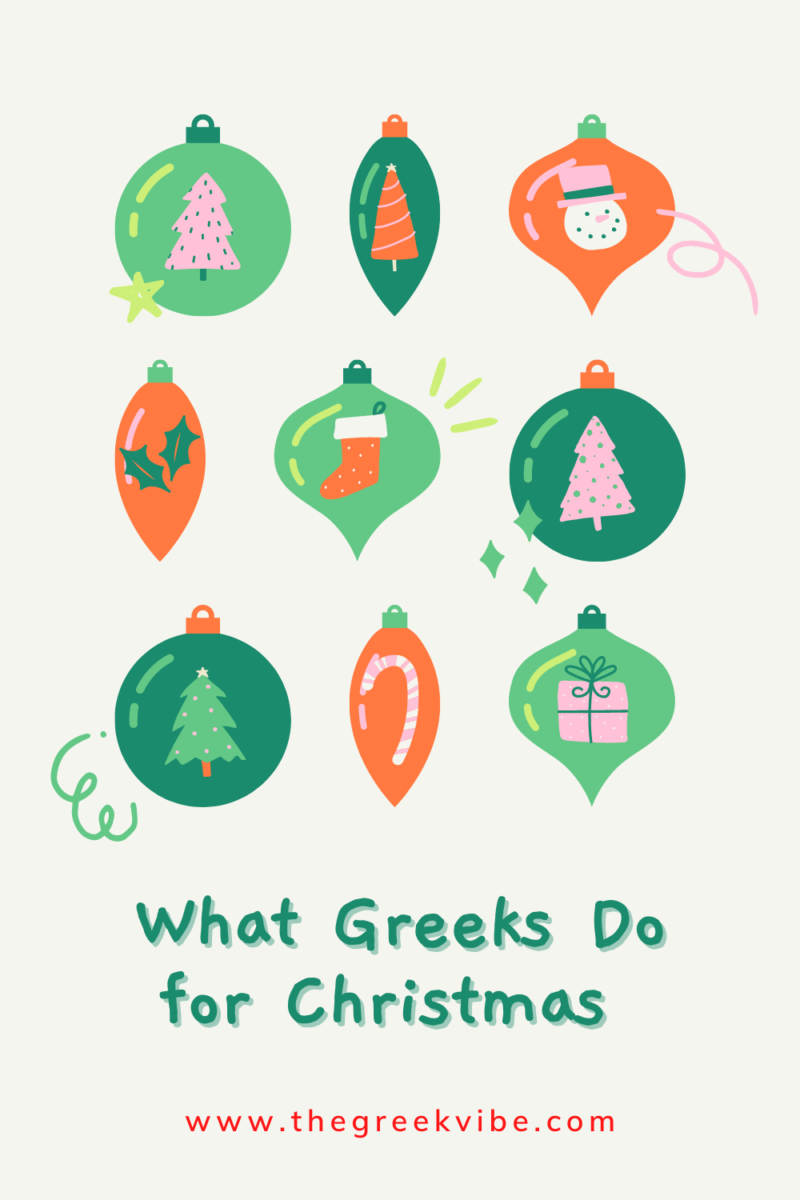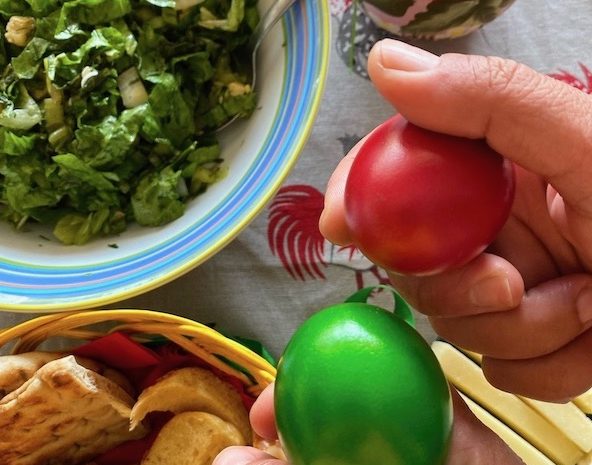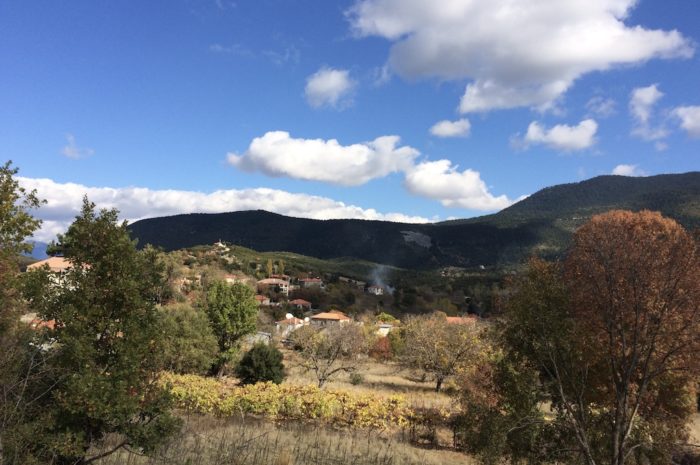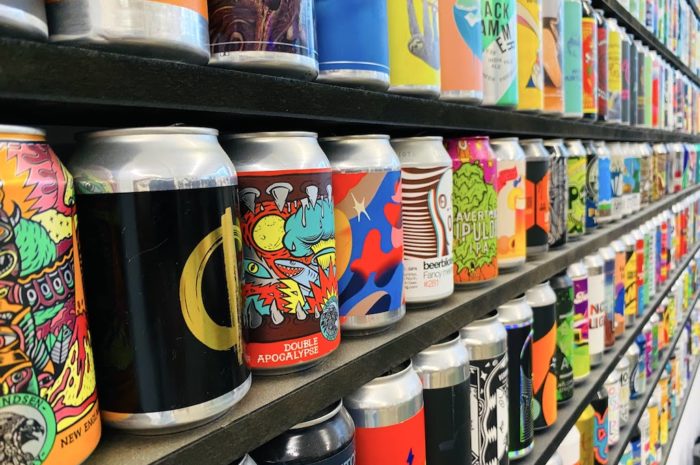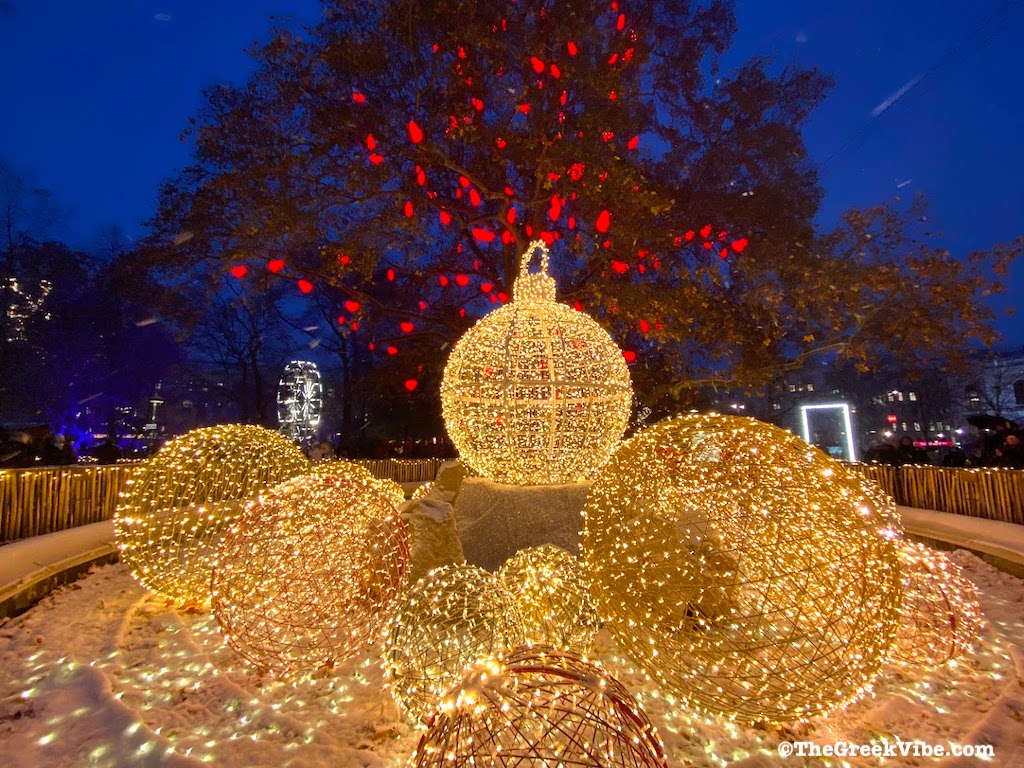
Christmas in Greece is a time to meet with family and friends, look back on the past year and make plans for the New Year. In the past, Christmas was never a big holiday for the Greeks. It was more like a period of spiritual rest before the New Year.
Nowadays, Christmas has evolved into a massive fête and like all Greek holidays, it too is marked by food – eating it as much as preparing it. That’s why I definitely recommend you visit Greece for Christmas at least once. Don’t forget, the weather for Christmas in Greece is usually pretty nice. Somewhere around 60-70 F. I even swim until the end of December! More about that here.
👉🏼 Find the best hotel deals for Christmas in Greece!
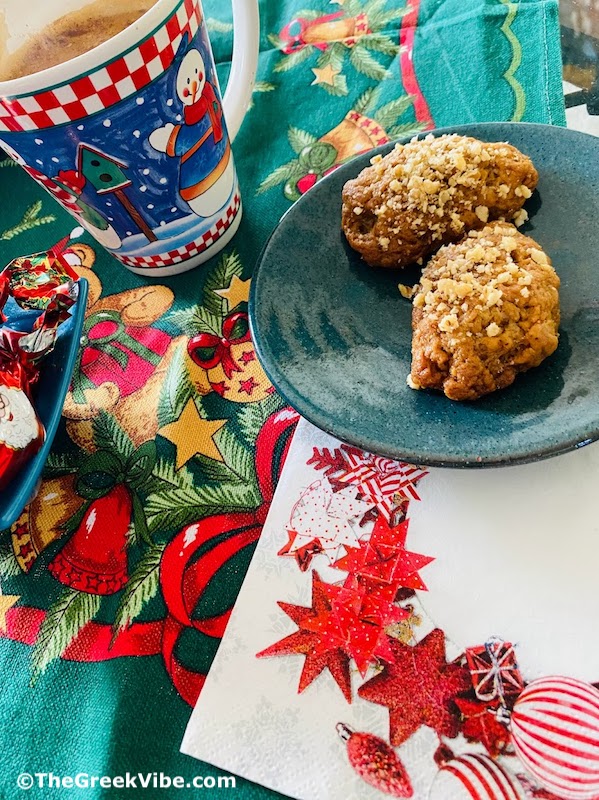
Taking center stage atop a festively set tables in all Greek homes are platters of melomakarona (honey-dipped biscuits), kourabiedes (sugar topped butter cookies) and in the Peloponnese, diples (pastry rolls with Greek honey and nuts).
In Greece, families and friends celebrate on Christmas Day around a dinner table set in its best with tints of red and green for the season. So what do we eat in Greece at Christmas? The Greek Christmas meal usually includes cheeses, salads with seasonal greens, roast lamb, pork, or duck with filling and potatoes, tyropita and spanakopita (cheese and spinach pies), plenty of wine and freshly baked bread.
Dinner begins with a toast: “Stin Ygeia Mas” (Health to All).
► Eiresione: An Ancient Greek Tradition that Inspired the Christmas Tree
In many parts of Greece, particularly in the villages and on the islands, the faithful go to church. People named Manolis celebrate their name day on Christmas Eve and those named Christos, Christina and Chrysoula celebrate on Christmas Day.
►Kallikantzari: The Greek Trolls of Christmas
As for gifts, Greeks traditionally opened gifts on New Year’s – St Basil’s Day. Today many families like ours open Christmas gifts in the morning with coffee and cake or after the festive dinner.
► Greek gift ideas for family and friends
The Wood, The Boat & The Tree
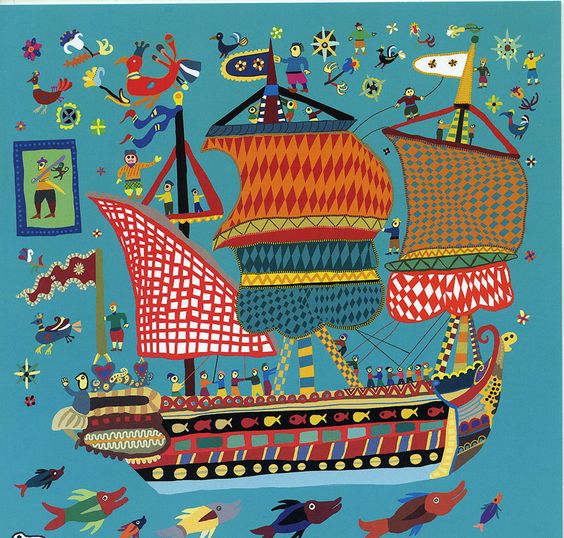
Traditionally, the Greeks decorated a boat – the “karavaki” – for Christmas before the tree. And before that the “Christoxylo”, which means “wood of Christ” and was either from a pear or wild cherry tree. It was also known as the “Dodekameritis” as it symbolized the 12 days of Christmas – “dodeka” meaning 12 and “meres” days.
The wood was thorny because it was meant to ward off the “Kalikantzarous”, a playful and naughty trolls who made their way out of the inner depths of the earth once a year during Christmas to wreak havoc. However, it is during these 12 days that the earth is saved because the kallikantzaroi, eager to get their hands on the Greek sweets and to make mischief, stop chopping the trunk that holds the earth. By the time Christmas and New Year’s are over and they get back to chopping, the trunk has grown again.
►Vassilopita: A Greek New Year’s Cake Bearing Gifts
Today, Greeks decorate both tree and boat, welcome carollers on Christmas Eve, usually children, whom they ‘tip’ with sweets and coins, and gather on Christmas Day for the traditional meal and merriment. Once the family dinner is over – these usually last, as most Greek feasts, for hours – the younger generations go out for drinks and dancing.
The Christmas celebrations in Greece end on January 6, Epiphany Day or “Ton Foton” (The Day of Enlightenment). Before that, on January 1 we smash a pomegranate before entering the house and this is why.
Until then…
“Kala Christougenna” – which means
Merry Christmas in Greek – too you all and Hronia Polla!
►Karavaki: The Greek Christmas Boat of Hope
♫ Christmas carols from Thrace featuring the traditional Greek music troupe: Emmelia. Enjoy!
👉🏼 Dream of visiting Greece? Start planning
Enjoyed this Post? Share and Pin it!
